Airbnb has announced three significant innovations to its peer-to-peer home rental booking platform that are set to transform where and how people travel, for the better. Jenny Southan reports
Airbnb says it has unveiled its “biggest change in a decade”. So what’s new? Up until now, users had to type in a destination and dates to search for properties, which relied on them have a specific place in mind that they want to go to. Inevitably, most people only think of going to obvious destinations for a vacation (leading to overtourism), meaning less well-known places continue to get over-looked.
Now, all that is changing. Although consumers will still be able to search by location, the new Airbnb homepage will put a new “Categories” section for trips and accommodation front and centre.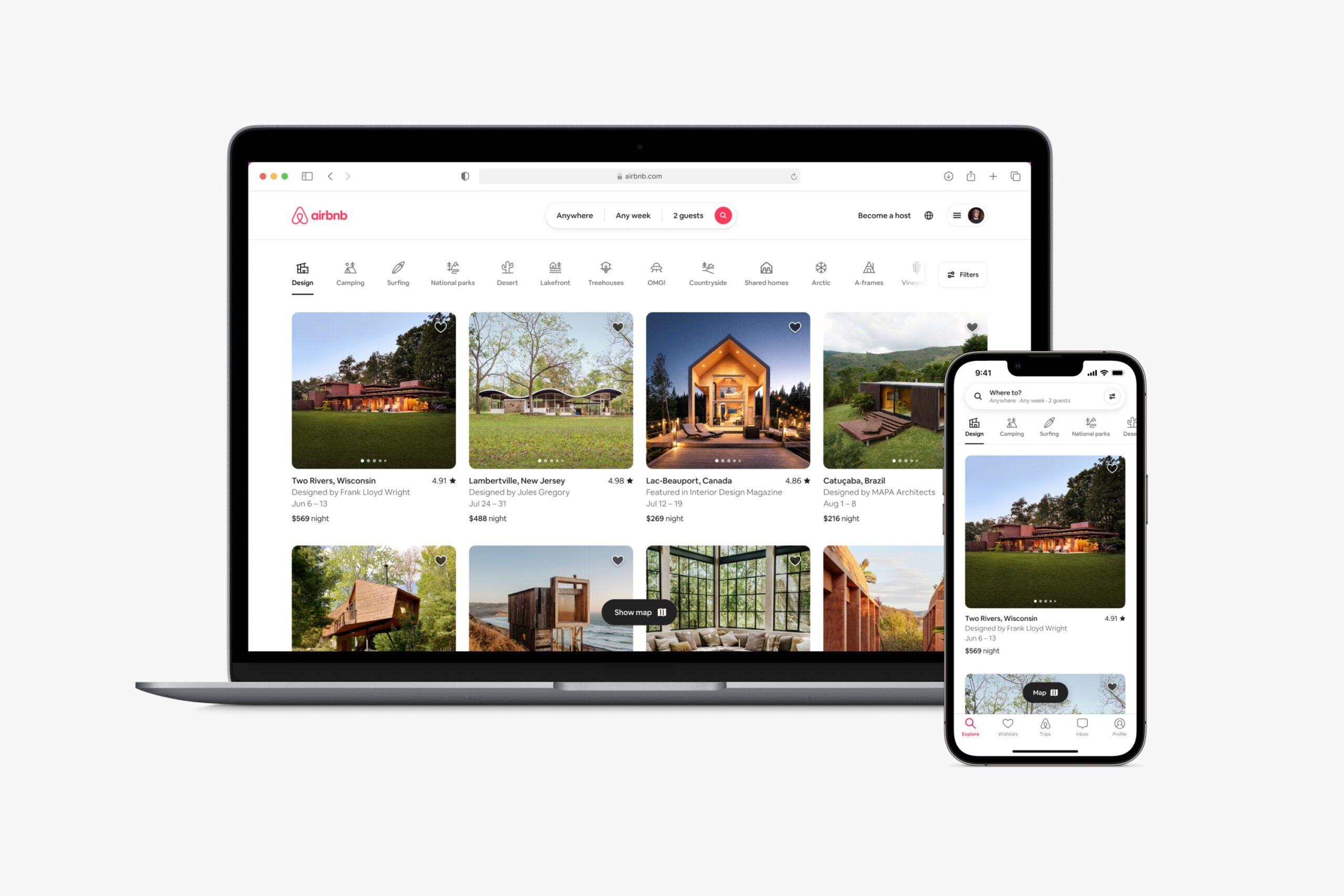 This will encourage people to think about the type of accommodation they want (for example, Creative Spaces, Farms, Off-the-grid, Treehouse, Luxe, Amazing Views, Historical Homes or Design), as well as the type of location that appeals to them (for example, Arctic, Beach, Countryside, Desert, Lake, National Park or Vineyard).
This will encourage people to think about the type of accommodation they want (for example, Creative Spaces, Farms, Off-the-grid, Treehouse, Luxe, Amazing Views, Historical Homes or Design), as well as the type of location that appeals to them (for example, Arctic, Beach, Countryside, Desert, Lake, National Park or Vineyard). Airbnb has noted that interest in these kinds of home is growing. Wishlists containing “design” in their title
Airbnb has noted that interest in these kinds of home is growing. Wishlists containing “design” in their title
grew by 175 per cent in 2021 compared to 2019; and in 2021, unique listings were added to almost 20
million wishlists.
Globetrender thinks that this shift away from using the destination as the starting point for planning a trip will be revolutionary to the way people travel. “Most of us can only think of a few dozen cities to type into the search box, but there are Airbnbs in 100,000 towns and cities around the world,” says the company. “Airbnb Categories makes it easy to discover millions of unique homes you never knew existed.”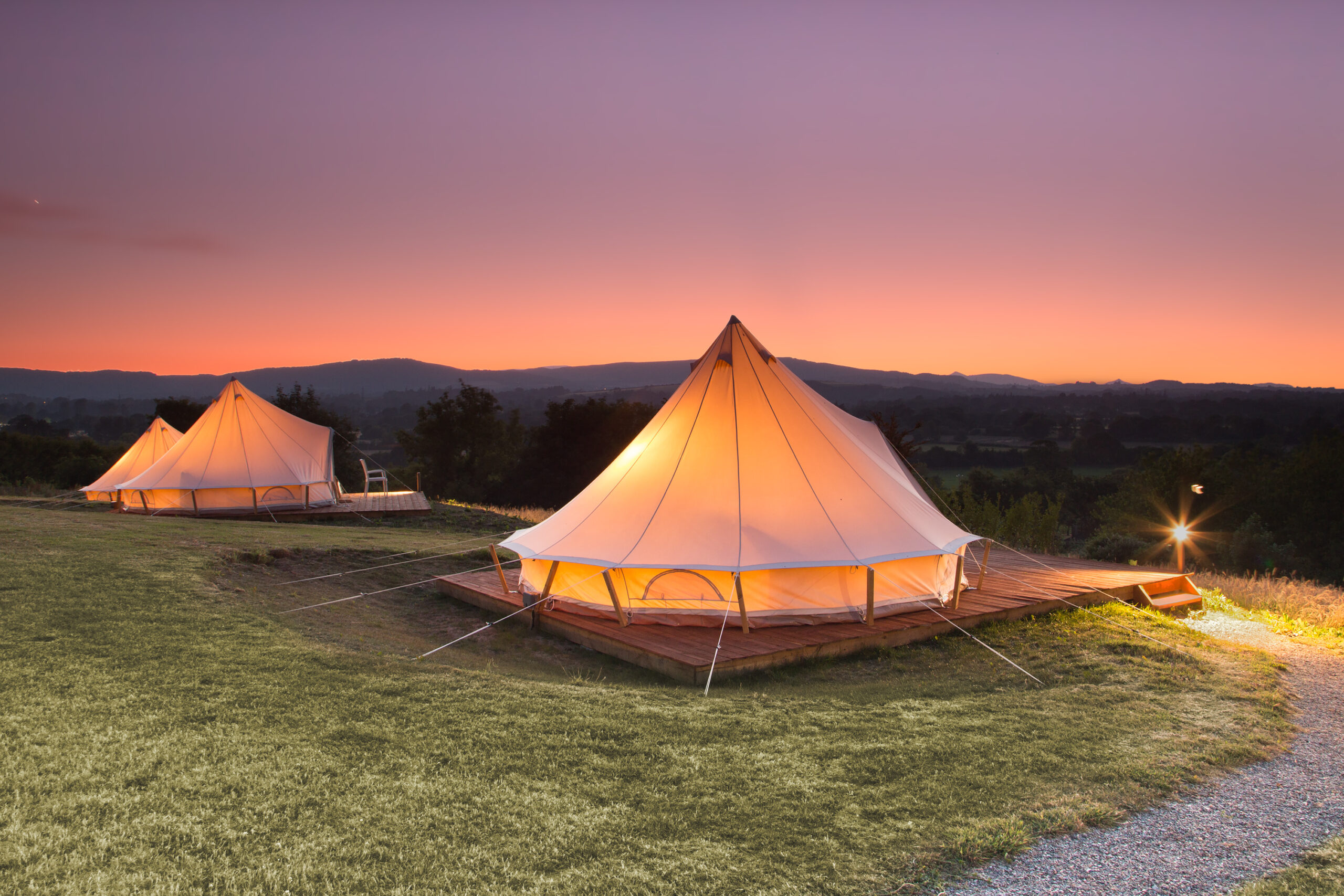 How does it work? When you open Airbnb, you’re presented with 56 categories that organize homes based on their style, location, or proximity to a travel activity. When you search for a destination, your search results are also organised by categories that are relevant to that destination. As you view different categories, the map intelligently zooms to show you where the homes are located.
How does it work? When you open Airbnb, you’re presented with 56 categories that organize homes based on their style, location, or proximity to a travel activity. When you search for a destination, your search results are also organised by categories that are relevant to that destination. As you view different categories, the map intelligently zooms to show you where the homes are located.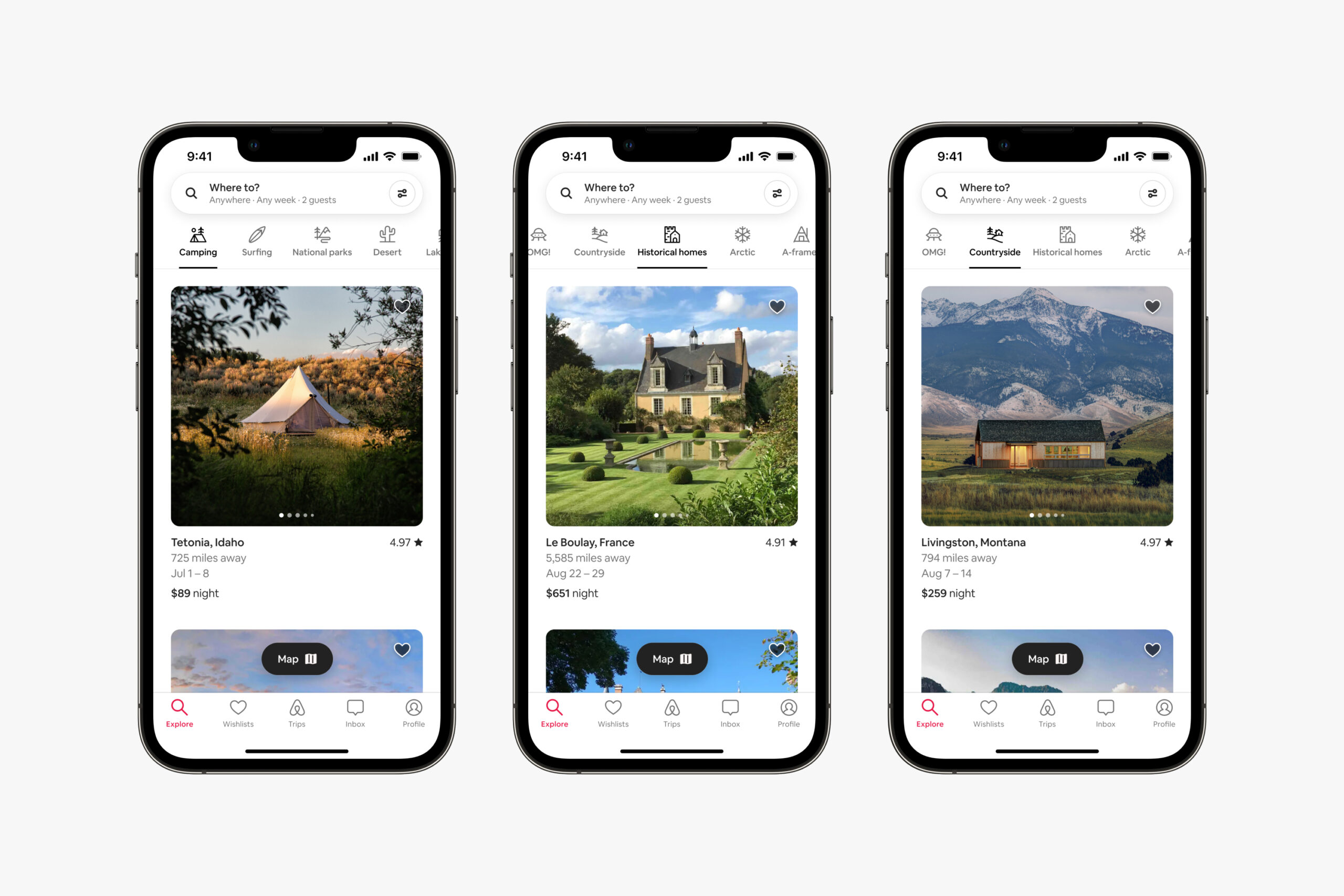 The second innovation from Airbnb is called “Split Stays”. The company says that in the last three months, almost half of nights booked on Airbnb were for trips of a week or more. To enable people to easily stay in more than one location, it now allows people to split their trip between two homes.
The second innovation from Airbnb is called “Split Stays”. The company says that in the last three months, almost half of nights booked on Airbnb were for trips of a week or more. To enable people to easily stay in more than one location, it now allows people to split their trip between two homes.

Airbnb says that when searching a specific destination, Split Stays automatically appear in the search results. They also appear within 14 categories – including Camping, National Parks, Skiing and Surfing – to inspire people to stay in two destinations as part of a longer trip. 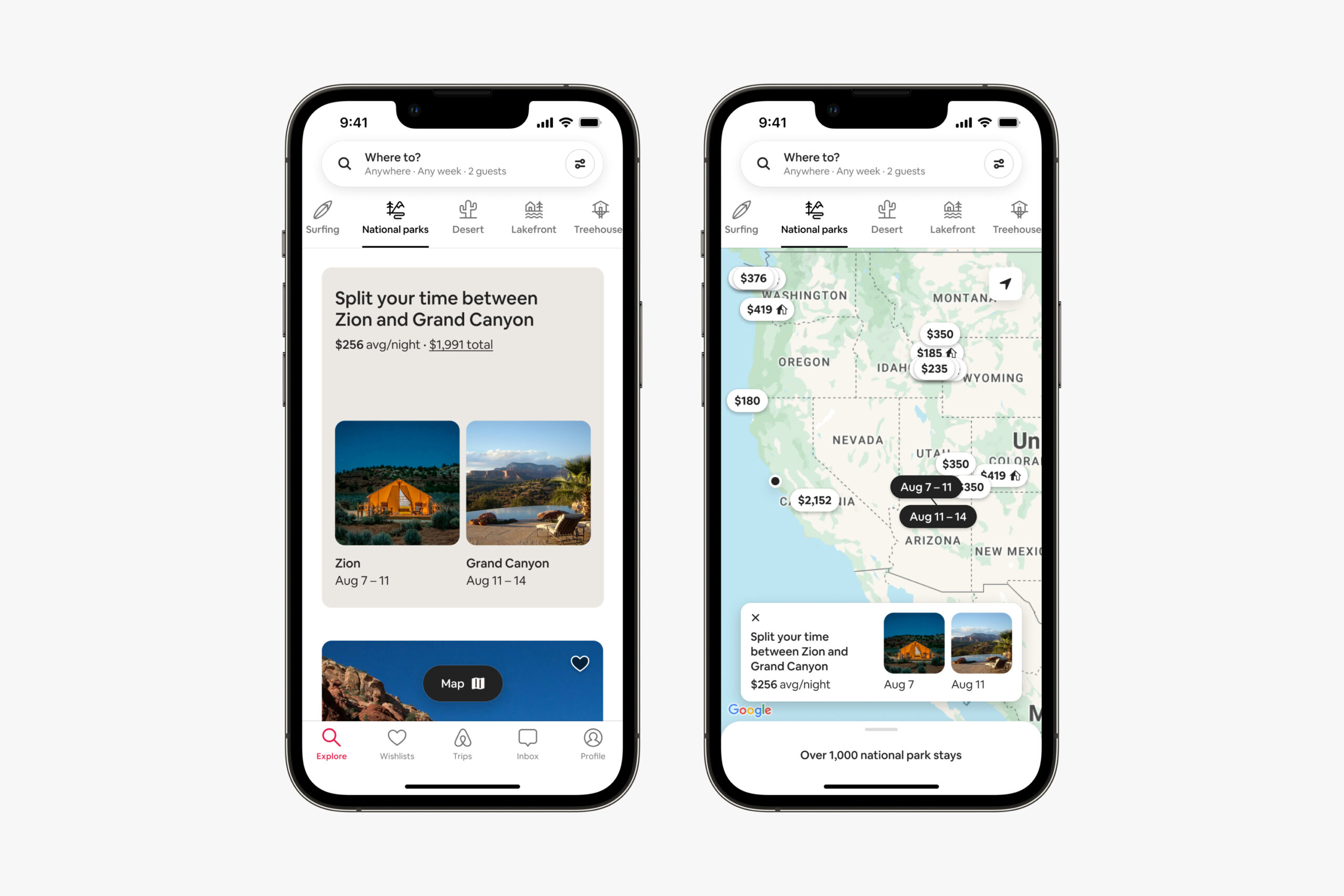 For example, when browsing the National Parks Category, Split Stays might suggest a pair of homes near Zion National Park and Grand Canyon.
For example, when browsing the National Parks Category, Split Stays might suggest a pair of homes near Zion National Park and Grand Canyon.
When viewing Split Stays on a map, an animated line visually connects the two homes to show users the distance between them and the sequence of the stays. Once people select a Split Stay, they’re “guided through an easy-to-use interface to book each stay, one home at a time”.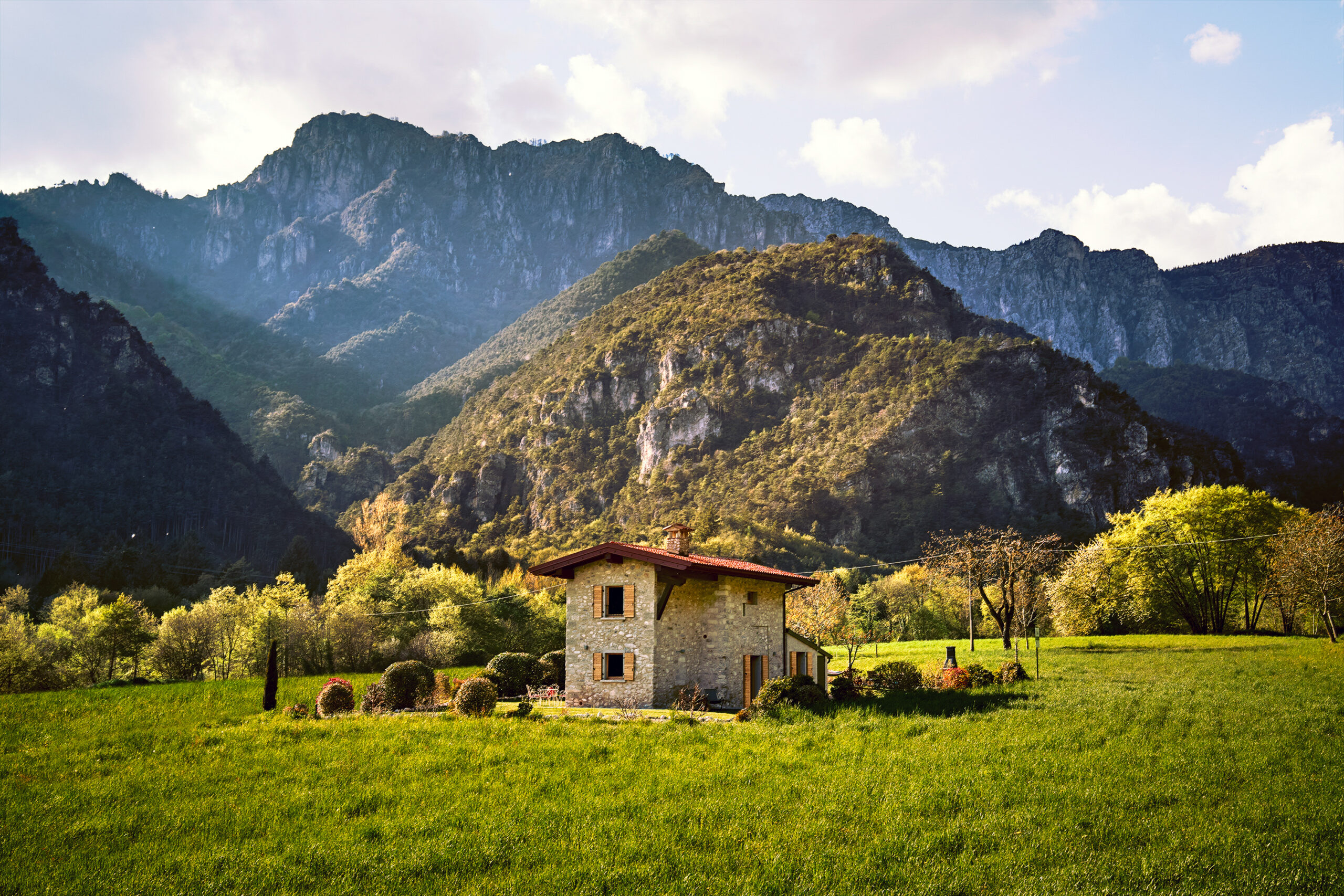 Finally, Airbnb has also launched a new insurance product called AirCover, which it claims is the “most comprehensive protection in travel”. The company says: “AirCover is always included and always free, and it represents the biggest upgrade to Airbnb customer service in a decade.”
Finally, Airbnb has also launched a new insurance product called AirCover, which it claims is the “most comprehensive protection in travel”. The company says: “AirCover is always included and always free, and it represents the biggest upgrade to Airbnb customer service in a decade.”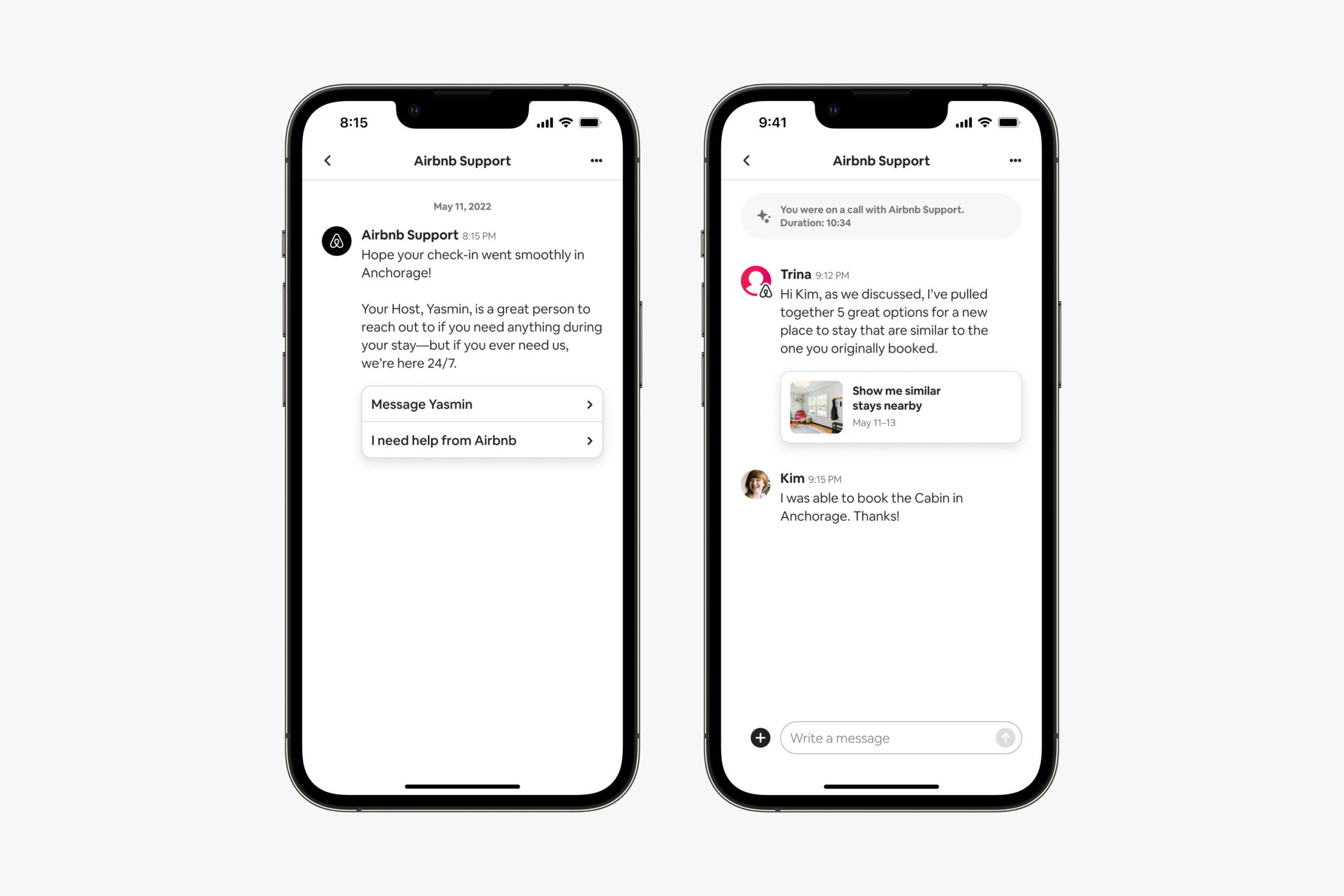
With AirCover, travellers are covered by four types of protection every time they stay in an Airbnb…
- Booking Protection Guarantee: In the unlikely event a Host needs to cancel your booking
within 30 days of check-in, we’ll find you a similar or better home, or we’ll refund you. - Check-In Guarantee: If you can’t check into your home and the Host cannot resolve the issue,
we’ll find you a similar or better home for the length of your original stay, or we’ll refund you. - Get-What-You-Booked Guarantee: If at any time during your stay you find your listing isn’t as
advertised – for example, the refrigerator stops working and your Host can’t easily fix it, or there
are fewer bedrooms than listed – you’ll have three days to report it and we’ll find you a similar
or better home, or we’ll refund you. - 24-hour Safety Line – If you ever feel unsafe, you’ll get priority access to specially-trained safety
agents, day or night.
